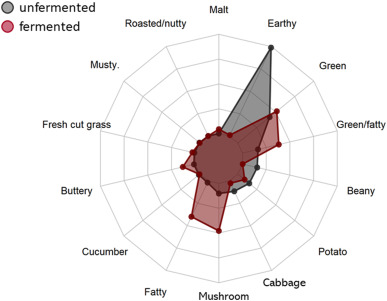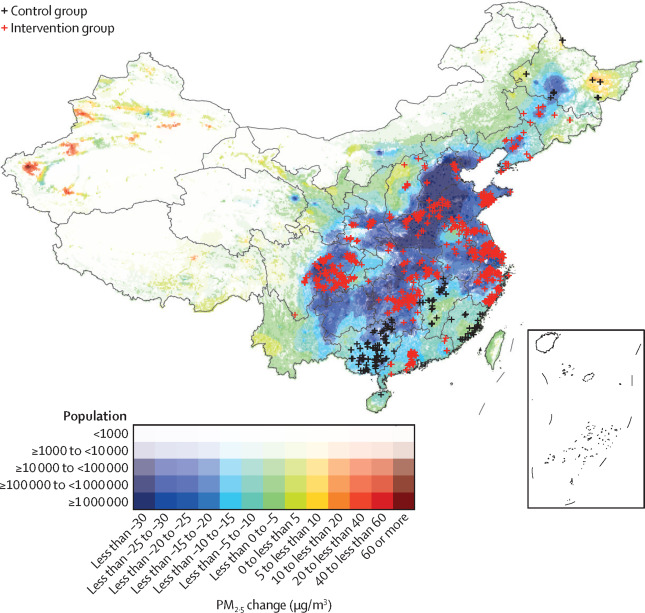The Lancet Healthy Longevity, Volume 3, February 2022
Background: Air pollution might accelerate cognitive ageing; it is unclear whether large-scale interventions, such as China's Clean Air Act (CCAA), can mitigate cognitive deterioration. We aimed to evaluate the effect of CCAA on changes in cognitive function in older adults. Methods: In this population-based, quasi-experimental study, we did a difference-in-differences analysis of the data collected during the 2014 and 2018 waves of the Chinese Longitudinal Healthy Longevity Survey (CLHLS).
The Lancet Planetary Health, Volume 6, February 2022
Science of the Total Environment, Volume 806, 1 February 2022
eBioMedicine, Volume 76, February 2022


